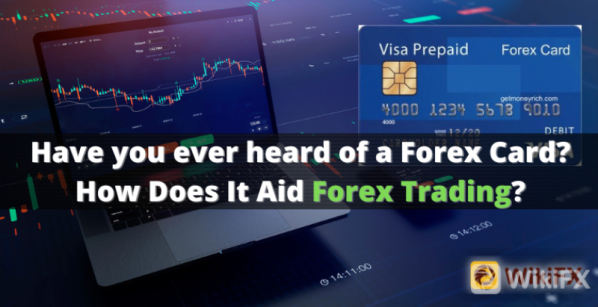
It's all too simple to dismiss forex trading as a sort of gambling. After all, both hobbies entail putting money at risk in the hopes of making money afterward. However, although currency trading and gambling have certain similarities, they are not the same.
Gambling, for example, is often a short-term pastime, but forex trading is a long-term endeavor that needs a certain amount of expertise and experience, as well as a systematic approach. Comparing the foreign currency market to gambling is not only nonsensical but also risky, particularly for new traders who are still learning how to manage risks and profit.
In this article, we will look at the distinctions between forex and gambling, as well as typical pitfalls to avoid while trading currencies.
Participants
Gambling and currency trading are both open to the public. The FX market, on the other hand, often incorporates larger companies, not merely retail traders and individual investors. Forex trading is also done by large financial organizations from all over the globe.
The following is a list of the key players that trade in the foreign exchange market daily:
-
Banks for business
-
Government-created sovereign wealth funds
-
Retail merchants
-
Brokers in retail
-
Actual money
-
Exclusive trading companies
-
Brokers of first resort
-
Companies that handle money transfers/remittances
-
Hedged funds
-
Central banks and governments
-
Fixing the exchange rate
-
Commercial enterprises
With such large players engaged, you can be certain that currency trading is completely secure and legal. Certain forms of gambling, on the other hand, may involve many legal obstacles and are illegal in some countries.
Tools Employed
While the forex market is fraught with risk, technology enables traders to make better-informed choices and avoid big losses. A broad variety of technical analysis tools and software are now available to assist you in better time and plan your trades.
Some technologies also allow you to monitor and evaluate market patterns for many days or even weeks before making a transaction. This demonstrates that truly lucrative forex trading cannot be based just on chance. To make profitable trades, you must have analytical abilities and do thorough market research.
In gambling, however, there are no patterns to examine or tools to help you make decisions. Everything is left to chance and sheer luck in gambling, which raises the likelihood of losing.
Applied Strategies
Forex trading, like any other financial market, involves risks, losses, and uncertainty. This is why it is important to be prepared for anything that may occur. Forex success requires knowledge, practice, and strategy.
Traders that have extended losing streaks are often individuals who traded without any strategy or analysis. Swing trading, day trading, position trading, and forex scalping are some of the most prevalent trading tactics.
Find the right pairings to trade first and thoroughly weigh possible risk vs potential profit before investing any money. Conduct a thorough study and examine the market objectively.
Gambling does not need much planning or analysis ahead of time. Currency trading still requires you to understand global markets and politics to be successful.

Forex Traders' Most Common Mistakes
If you want to be a great trader, avoid these typical blunders.
Ignoring International News and Economic Data
Global news events like GDP growth rates, elections, political unrest, treaty negotiations, and central bank decisions may all have a big influence on currency markets.
Paying attention to worldwide news can assist you in identifying and comprehending patterns in currency pairings. With this information, you can make better trading judgments.
Investing without a Stop Loss
Limit possible losses in a volatile market by using a stop-loss order on every transaction. A stop-loss order automatically ends a trading position at a predetermined limit price. It keeps you from losing more than you can afford to lose.
Selecting the Wrong Broker
Trusting your money to a forex broker is one of the most significant hazards you will face. Take your time while selecting a broker. Examine their regulatory compliance, account options, customer service, and currency pairings available.
It's preferable if your prospective broker provides a free demo so you know what to anticipate while trading with them.
Cooperate with a Reputable Broker
Choose a broker that provides a dependable and user-friendly platform from which you can easily execute a deal. Fair Forex will help you succeed in the competitive forex market by offering spreads as low as 0.0 pips and free deposits into customer segregated accounts.
Awareness
Remember that trading is not like any other business. It is a high-risk investment in which you may lose all of your money in a single click, depending on how you start your trading adventure and how you trade on a regular basis. We always advise traders to use WikiFX app as their primary resource when looking for and vetting a reputable broker in which to invest. Just to be certain that you are avoiding the chance of losing your money. Always keep in mind that we are not dealing with pennies, but with real money. WikiFX has over 36,000 brokers listed and works closely with 30 financial agencies. WikiFX app is now available for free to download on the App Store and Google Play Store.
Visit WikiFX News Page and Exposures as well as Dealer/Broker Page





